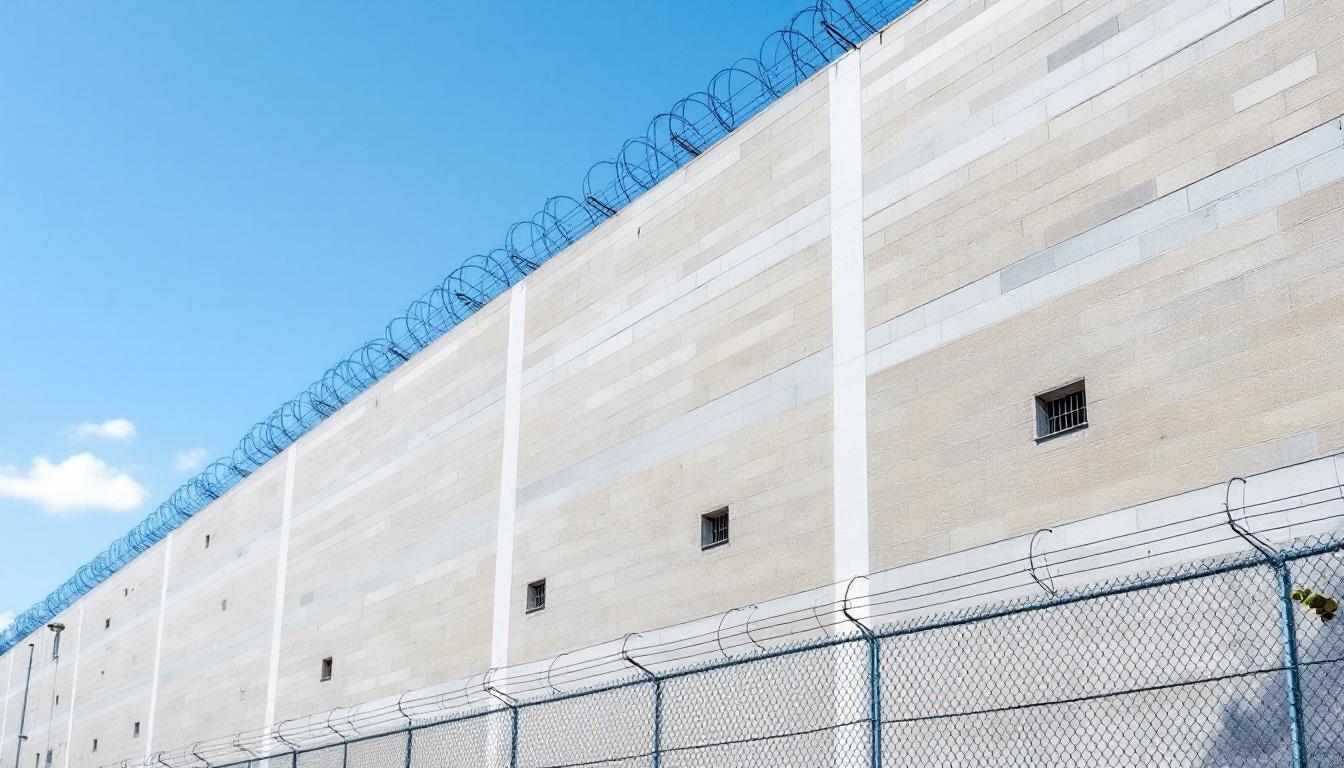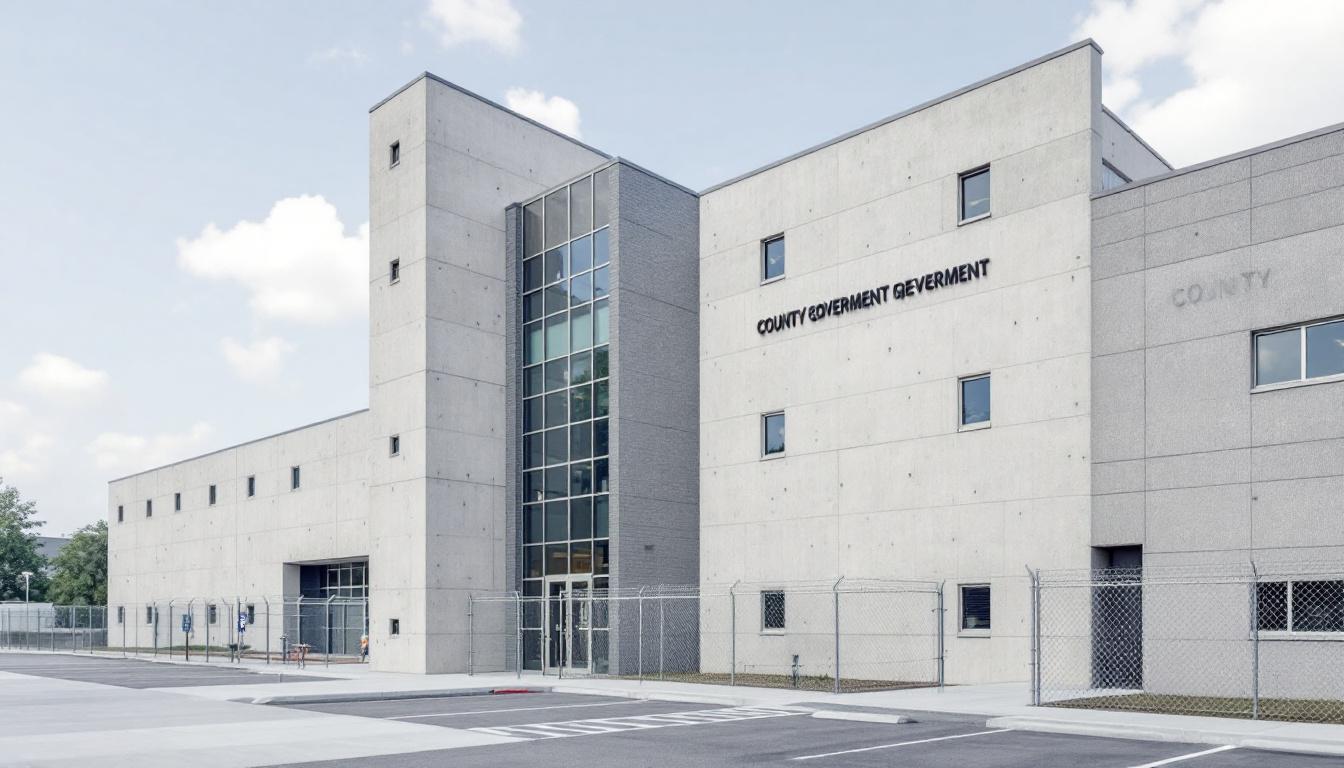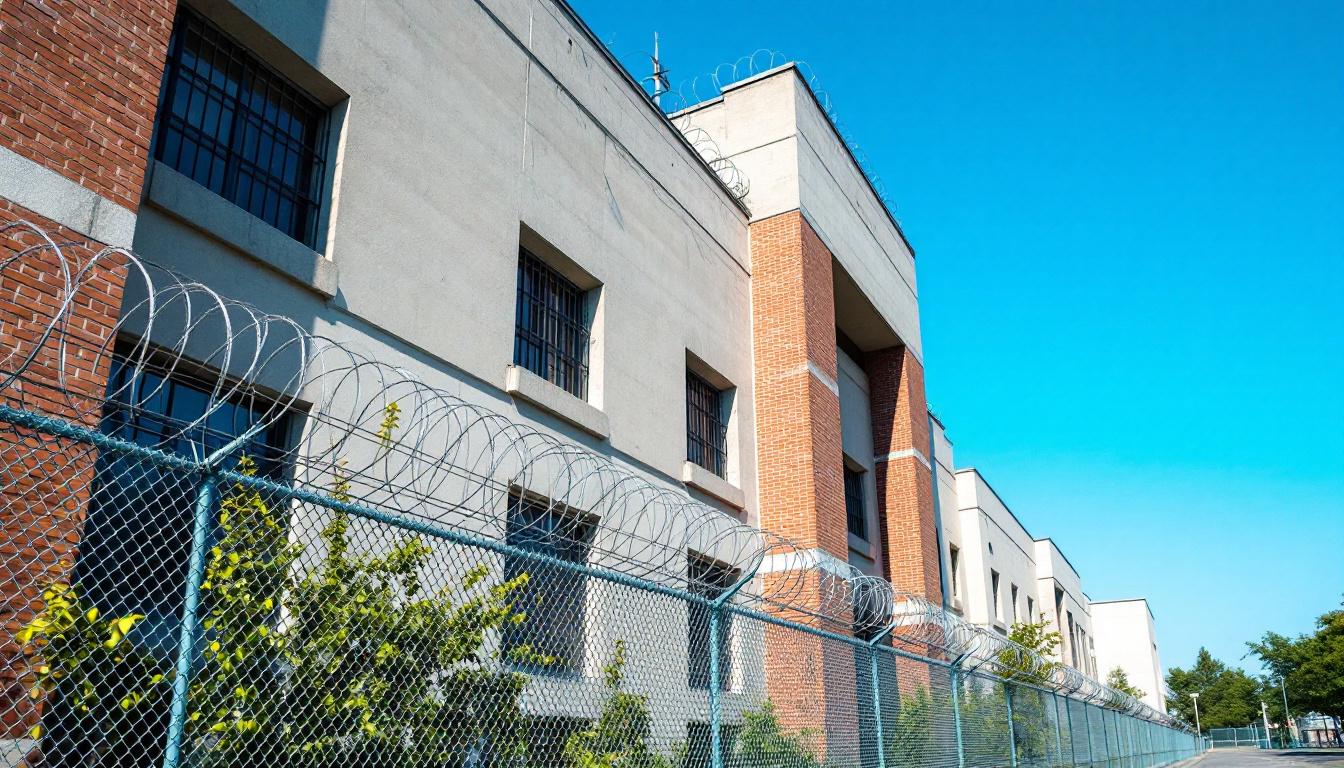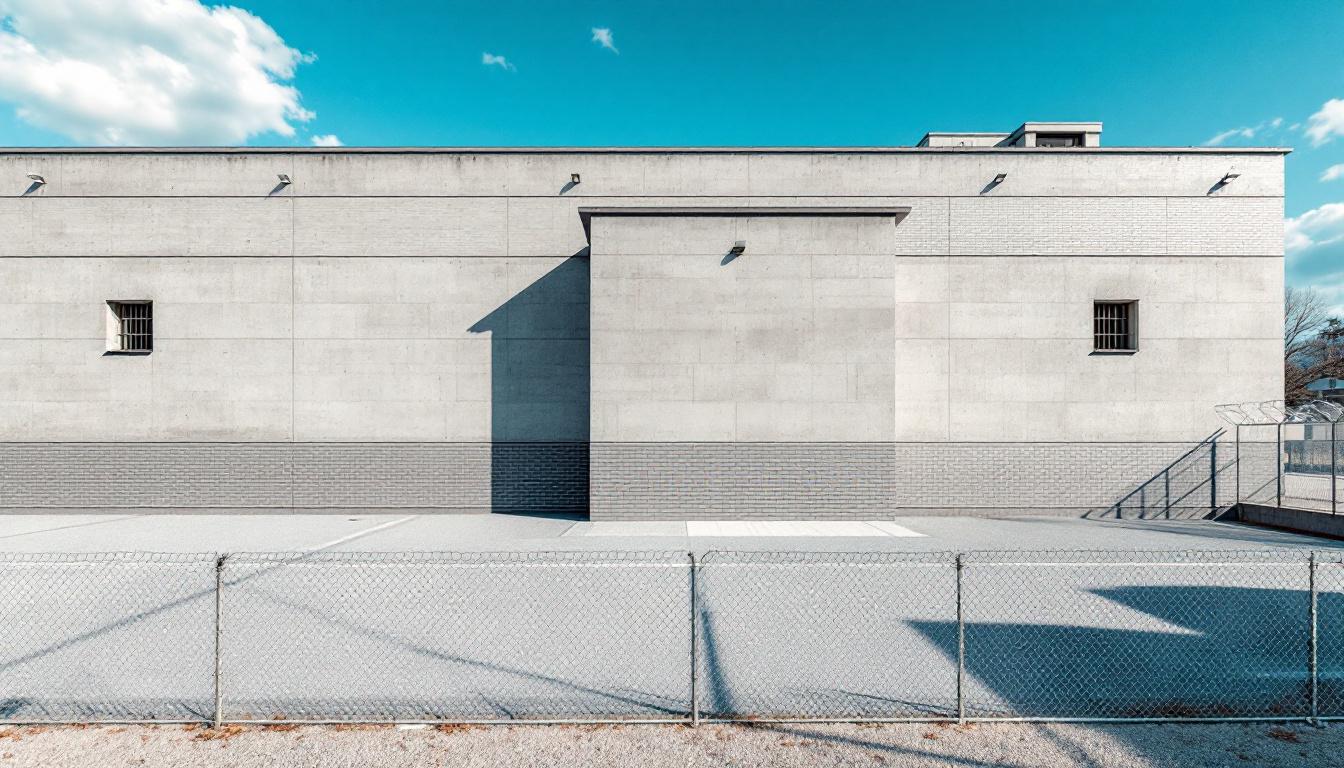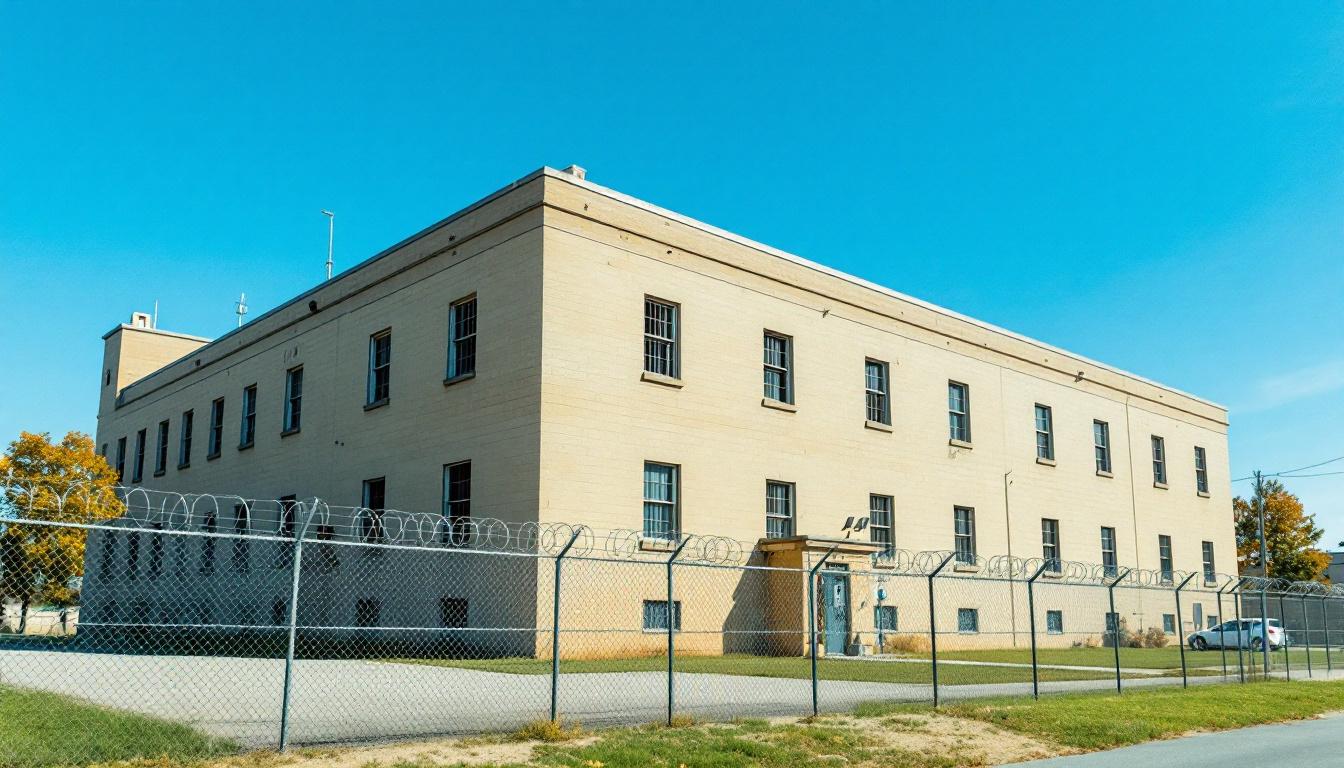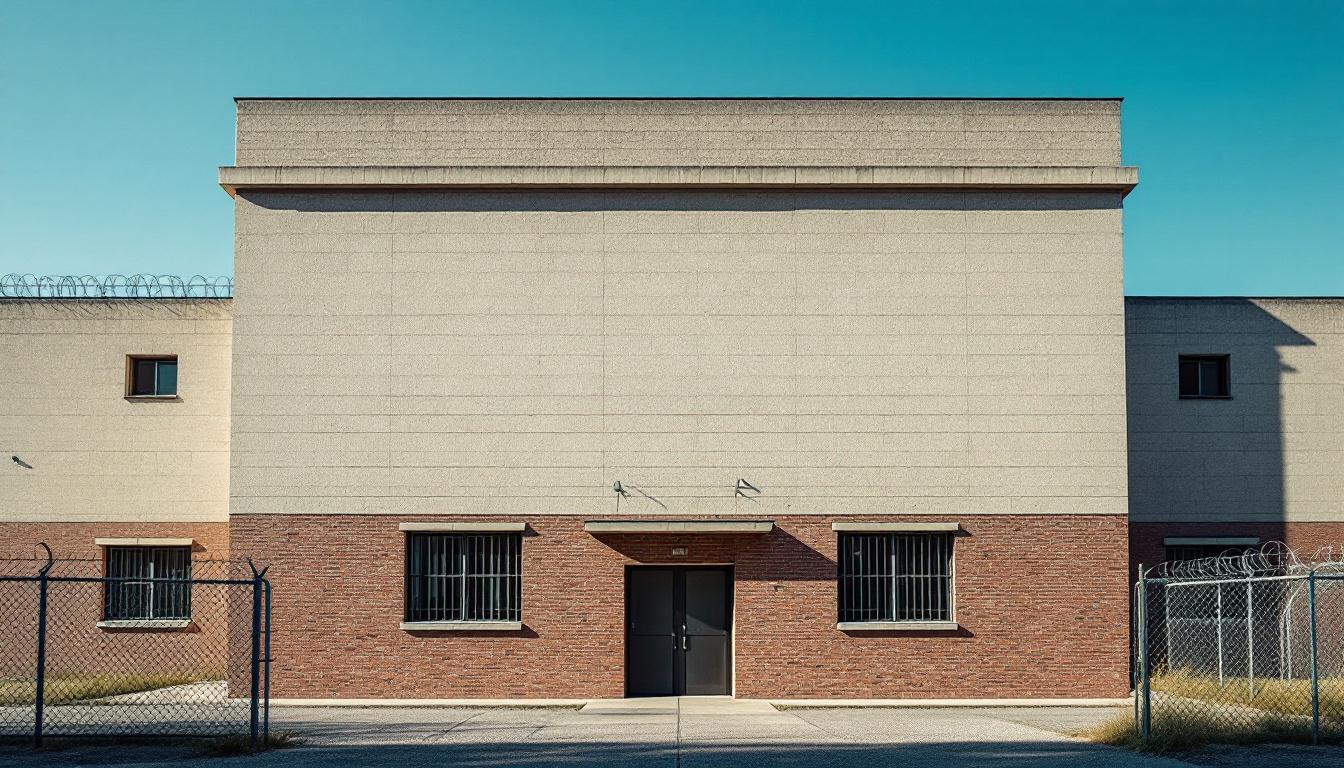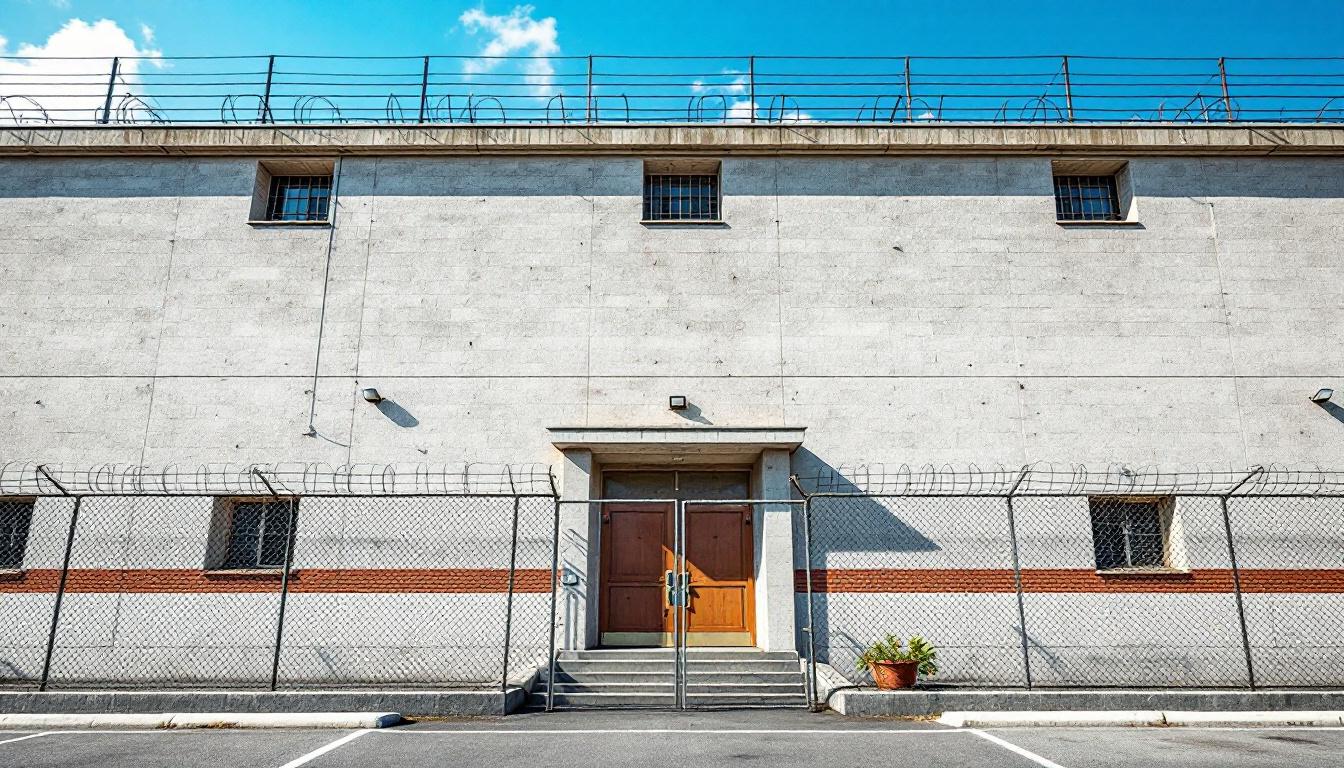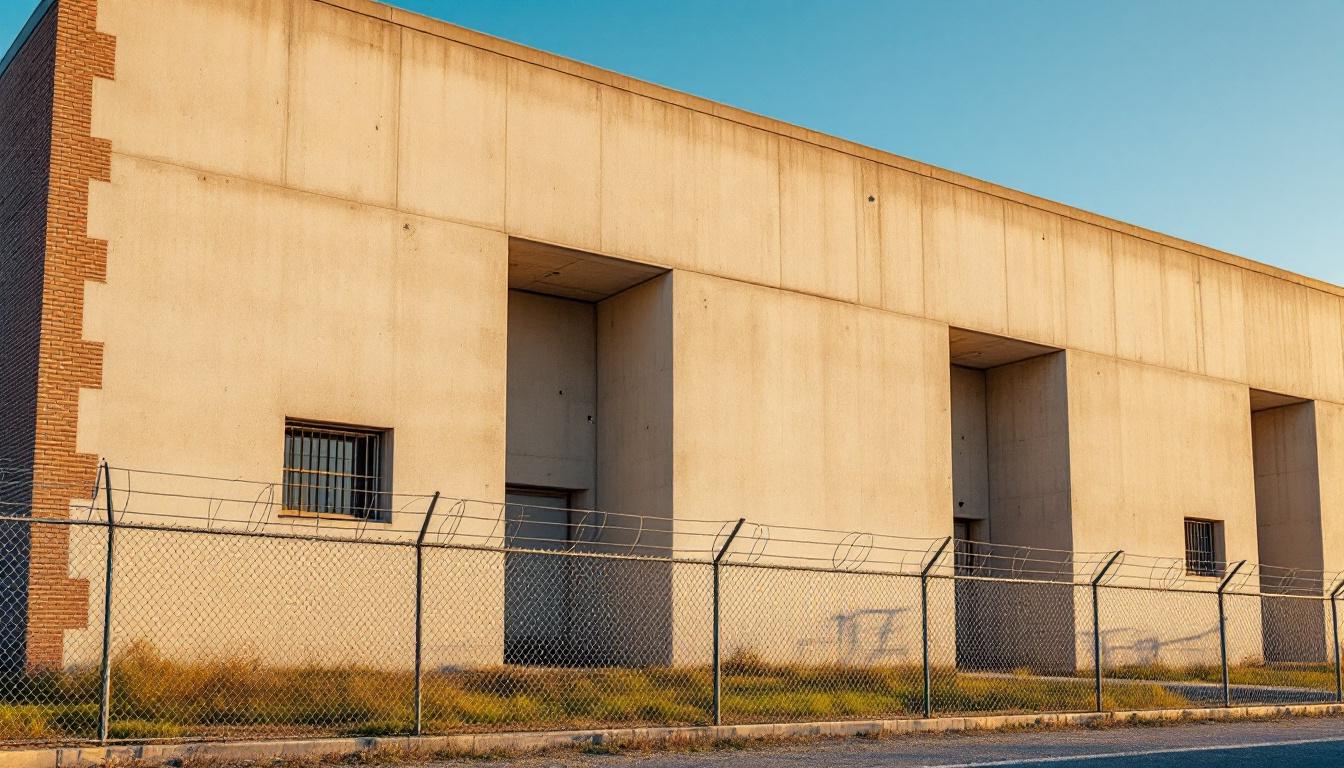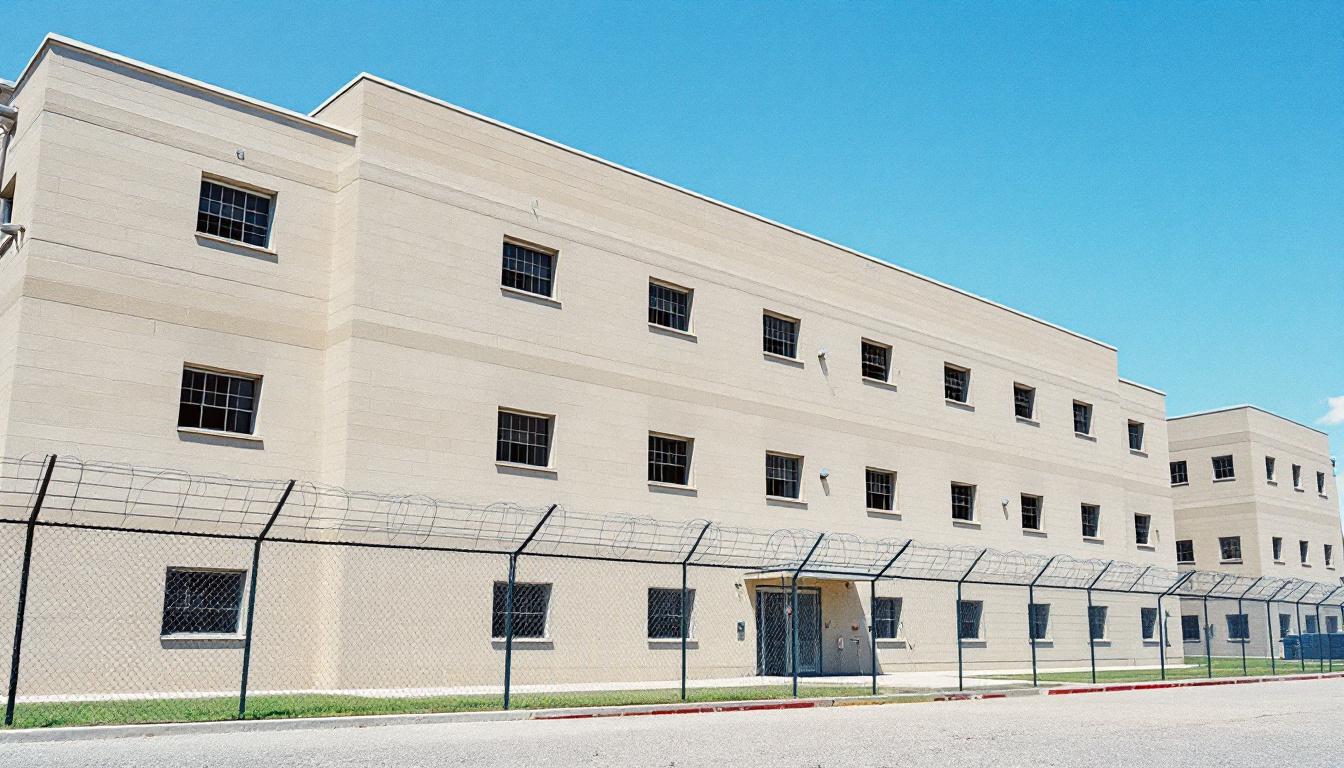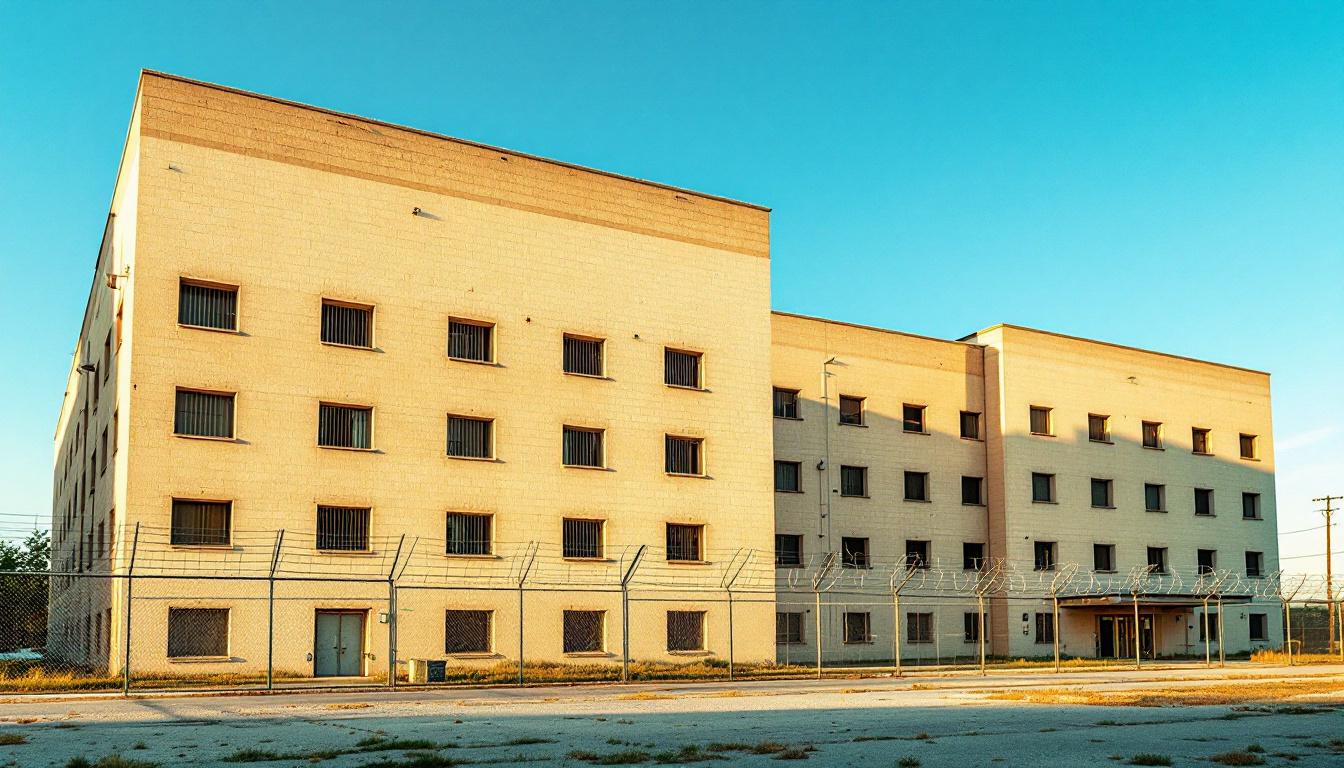
Quick Navigation
How to contact an inmate at Denton County Jail
This comprehensive guide will walk you through how to connect with an inmate at Denton County Jail. Follow the steps below to find an inmate and send letters and photos:
- Search for the inmate using our search tool below
- Create your account or log in to Penmate
- Write your message (up to 6,000 characters)
- Send instantly - inmates receive printed copies daily
Find an Inmate
Search for an inmate to start communicating today
Tip: You can search by first name, last name, or inmate ID number
To contact a person at Denton County Jail start by searching for the person on the official facility website. Perform a search by following these steps:
- Step 1: Enter their first name and last name into the search form and click "Search"
- Step 2: Locate their inmate record
- Step 3: Write down their Inmate ID and any housing information provided
Important! Be sure to enter the person's full name. Nicknames should not be used.
How to Send Messages to Inmates

You can use your phone or computer to send emails, letters, and photos to an inmate. Messages are sent electronically to inmate tablets or kiosks at the facility. If you would like to send a message, start by searching for an inmate at Denton County Jail.
Sending Photos and Postcards

A great way to send love and support to a loved one at Denton County Jail is to send photos and postcards. It only takes a few minutes to send photos from your phone and it makes a huge difference. You can also mail postcards with words of support and inspiration, or design your own postcard for special moments like birthdays and holidays.
Important! Be sure not to send any explicit photos or they may not be approved by the facility. You can also use a photo printing app like Penmate to make sure your photos are printed at the correct size (4x6 or 3x5) and are mailed according to the rules and regulations of Denton County Jail.
Frequently asked questions about Denton County Jail
-
How long does it take to deliver a message?
If you're sending an email message your letter is usually delivered within 24-48 hours. For messages sent via mail you should expect delivery within 3-7 days. All messages will need be approved by Denton County Jail.
-
How much does it cost to send a message to Denton County Jail?
You can send a message free using your phone or mail a message via USPS for the price of a $0.60 stamp and envelope. You can also purchase credits or e-stamps from services starting at $1.99.
-
What services can I use to contact an inmate at Denton County Jail?
Penmate
You can use Penmate to send letters and photos to an inmate from your phone. It's an easy way to stay in touch during your loved one's incarceration. Use the inmate locator to find an inmate's location and contact information, then you can send messages within a few minutes.
Securus messaging
Securus may be another option for communicating with an inmate at Denton County Jail. You can create a friends and family account and purchase credits to send messages. All messages will be reviewed and must be approved by the facility.
JPay
Some county jails and state prisons may support sending messages with JPay. You must register an account with the system, find your loved one, and purchase stamps to send messages. For some locations you can also attach photos.
Smart Jail Mail
You may also check if Smart Jail Mail is available at Denton County Jail. Smart Jail Mail is operated by Smart Communications and has contracted with some state and county jails. After purchasing credits, your messages and photos are sent to the facility, printed out, and then handed out to your loved one.
-
What is the mailing address of Denton County Jail?
Mailing address:
Denton County Jail
127 N Woodrow Ln
Denton, TX 76205
Phone: (972) 434-5502Business hours:
- Monday: 9:00 AM – 5:00 PM
- Tuesday: 9:00 AM – 5:00 PM
- Wednesday: 9:00 AM – 5:00 PM
- Thursday: 9:00 AM – 5:00 PM
- Friday: 9:00 AM – 5:00 PM
- Saturday: 9:00 AM – 5:00 PM
- Sunday: 9:00 AM – 5:00 PM
-
What are the visiting hours at Denton County Jail?
Visiting hours at Denton County Jail vary by housing unit and security level. Generally, visits are scheduled on weekends and holidays, with some facilities offering weekday visits. Contact the facility directly at (972) 434-5502 or check their website for the current visiting schedule. Visits typically last 30-60 minutes and must be scheduled in advance.
-
What items are prohibited when sending mail to Denton County Jail?
Prohibited items typically include: cash, personal checks, stamps, stickers, glitter, glue, tape, staples, paperclips, polaroid photos, musical or blank greeting cards, hardcover books, magazines with staples, and any items containing metal or electronics. Only send letters on plain white paper with blue or black ink. Photos must be printed on regular photo paper (no Polaroids). Always check with Denton County Jail for their specific mail policies.
-
How do I send money to an inmate at Denton County Jail?
You can send money to an inmate at Denton County Jail through several methods: 1) Online using JPay, Access Corrections, or the facility's approved vendor, 2) Money orders mailed directly to the facility with the inmate's name and ID number, 3) Kiosks located in the facility lobby, or 4) Over the phone using a credit or debit card. Fees vary by method, typically ranging from $2.95 to $11.95 per transaction.
-
Can I schedule a video visit with an inmate at Denton County Jail?
Many facilities now offer video visitation as an alternative to in-person visits. At Denton County Jail, video visits may be available through services like Penmate, Securus Video Connect, GTL, or ICSolutions. Video visits typically cost $10-20 for 20-30 minutes and must be scheduled in advance. You'll need a computer or smartphone with a camera and reliable internet connection. Contact the facility for their specific video visitation policies and approved vendors.
-
What identification do I need to visit an inmate at Denton County Jail?
All visitors must present valid government-issued photo identification such as a driver's license, state ID, passport, or military ID. Minors must be accompanied by a parent or legal guardian who can provide the minor's birth certificate. Some facilities require visitors to be on the inmate's approved visitation list, which may require a background check. Contact Denton County Jail for specific ID requirements and visitor approval procedures.
-
How can I find out an inmate's release date?
To find an inmate's release date at Denton County Jail, you can: 1) Use the online inmate search tool if available, 2) Call the facility's records department, 3) Contact the inmate's case manager or counselor, or 4) Have the inmate provide this information during a call or visit. For privacy reasons, some facilities only release this information to immediate family members.
Facility Overview
Official Website
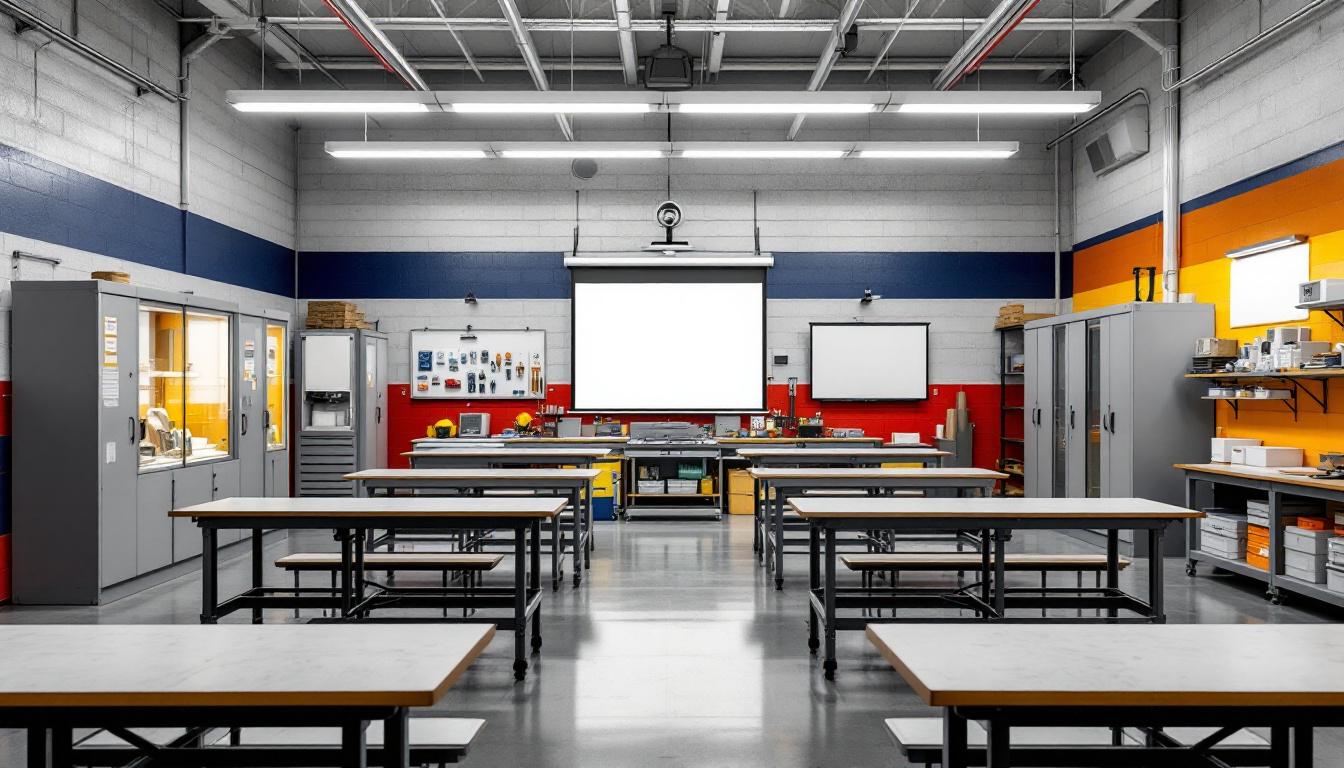
About Denton County Jail
Nestled in the heart of Gainesville, Texas, the Cooke County Jail, TX serves as a cornerstone facility within the region’s correctional network, embodying a comprehensive approach to offender management that extends beyond traditional detention practices. This TX correctional facility operates under a philosophy that recognizes incarceration as an opportunity for positive transformation, implementing structured programming designed to address the underlying factors that may contribute to criminal behavior while maintaining the safety and security essential to effective correctional operations.
The facility’s operational framework typically emphasizes evidence-based practices in offender management, often incorporating educational opportunities, substance abuse programming, and behavioral intervention strategies that support successful community reintegration. Residents services may include access to mental health resources, vocational training components, and life skills development programs that prepare individuals for their eventual return to the community. The county jail generally maintains collaborative relationships with local service providers and community organizations to ensure continuity of care and support systems that extend beyond the facility’s walls.
Through its commitment to balanced correctional practices, the facility strives to serve both public safety interests and individual rehabilitation needs within the broader context of Texas’s correctional system. Staff members typically receive ongoing training in contemporary correctional methodologies, ensuring that the facility’s approach to offender management remains aligned with current best practices in the field while addressing the specific needs of the Gainesville community and surrounding Cooke County region.
Programs & Services
Educational and vocational training initiatives form the cornerstone of rehabilitation efforts, with residents typically accessing comprehensive skill-development opportunities designed to enhance their prospects for successful community reintegration. These carefully structured programs often emphasize practical competencies that align with current employment market demands, fostering both personal growth and professional readiness. The facility’s approach to programming typically prioritizes evidence-based methodologies that address the multifaceted challenges residents may encounter during their incarceration and subsequent transition to civilian life.
Vocational training initiatives may deliver specialized instruction in automotive repair, providing residents with hands-on experience in mechanical systems, diagnostic procedures, and industry-standard repair techniques. These programs typically incorporate both theoretical knowledge and practical application, allowing participants to develop marketable skills while working toward recognized certifications. Moreover, work programs often complement these educational opportunities by offering structured employment experiences within the facility, enabling residents to apply newly acquired competencies while contributing to institutional operations and developing essential workplace behaviors.
Support services encompass a diverse array of therapeutic and enrichment initiatives designed to address the psychological, spiritual, and creative dimensions of rehabilitation. Faith-based initiatives may provide spiritual guidance and community support, while stress management and conflict resolution programs typically equip residents with essential coping strategies and interpersonal skills. Additionally, arts and crafts activities often serve as both therapeutic outlets and skill-building opportunities, allowing participants to explore creative expression while developing patience, focus, and fine motor coordination that may prove beneficial in various professional contexts.
Daily Life & Visitation
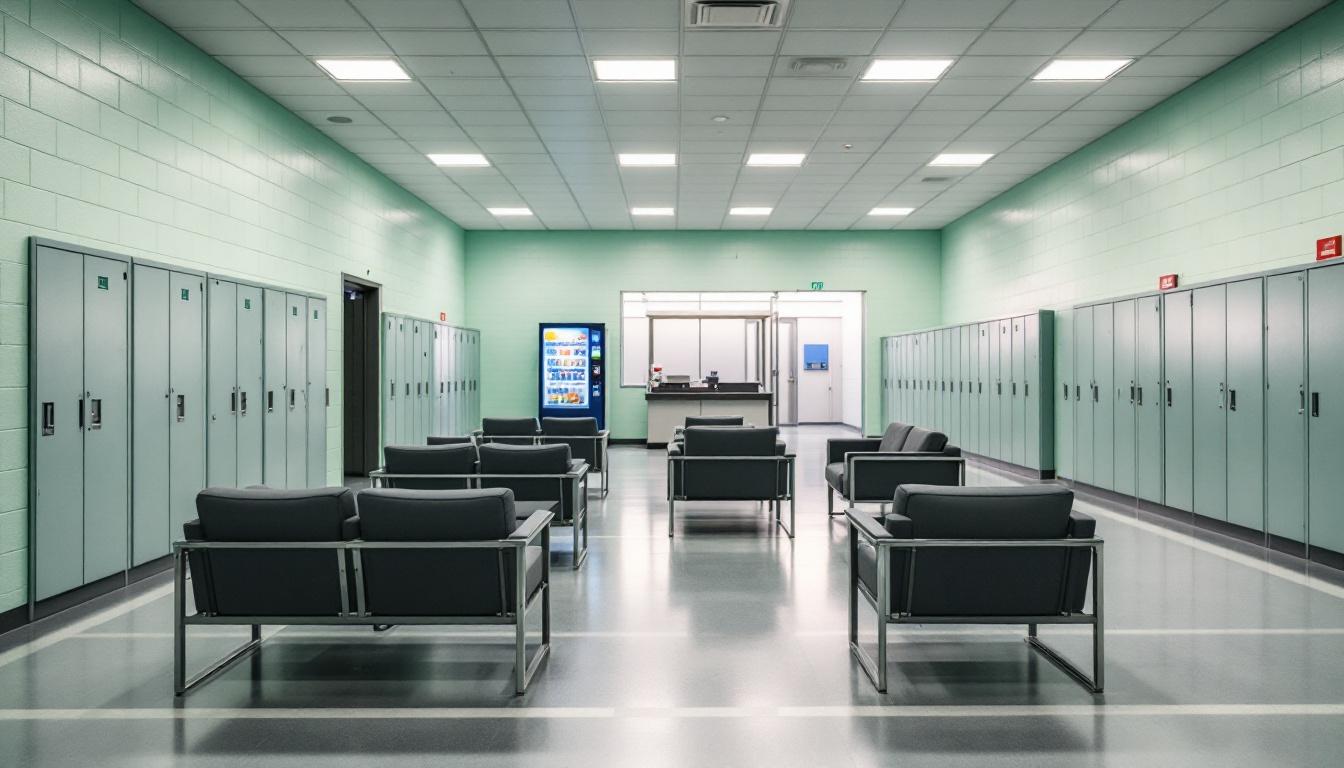
The rhythm of structured schedules begins before dawn and continues throughout each day, delivering a framework that residents consistently rely upon for stability and predictability. Today’s routine typically starts with early morning wake-up calls, followed by scheduled meal times, work assignments, and designated periods for personal activities, creating a dependable pattern that helps residents navigate their time at the facility. This consistent structure generally includes regular counts, organized movement between housing areas, and scheduled access to various services, ensuring that each day follows a familiar sequence that residents can anticipate.
Living accommodations within the facility typically consist of shared housing units where residents are assigned based on classification levels and security considerations. The housing areas generally provide basic necessities including bedding, personal storage space, and access to bathroom facilities, while residents may often purchase additional items through the commissary system to supplement their personal belongings. Moreover, the dining arrangements usually involve scheduled meal times in designated areas, where residents receive nutritionally planned meals that meet standard dietary requirements, and special dietary needs are typically accommodated when medically necessary.
Structured programming schedules often deliver educational opportunities, vocational training, and recreational activities that help residents maintain physical and mental well-being during their stay. Recreation periods may include access to outdoor areas for exercise, indoor recreational activities, and organized sports when space and staffing permit, whereas work assignments typically provide residents with opportunities to contribute to facility operations while developing job skills. Family connections remain important through scheduled visitation periods and telephone access, allowing residents to maintain contact with their support systems, and correspondence through mail services generally provides another avenue for communication with loved ones outside the facility.
Ready to Connect?
Start communicating with your loved one today
Search for an Inmate
